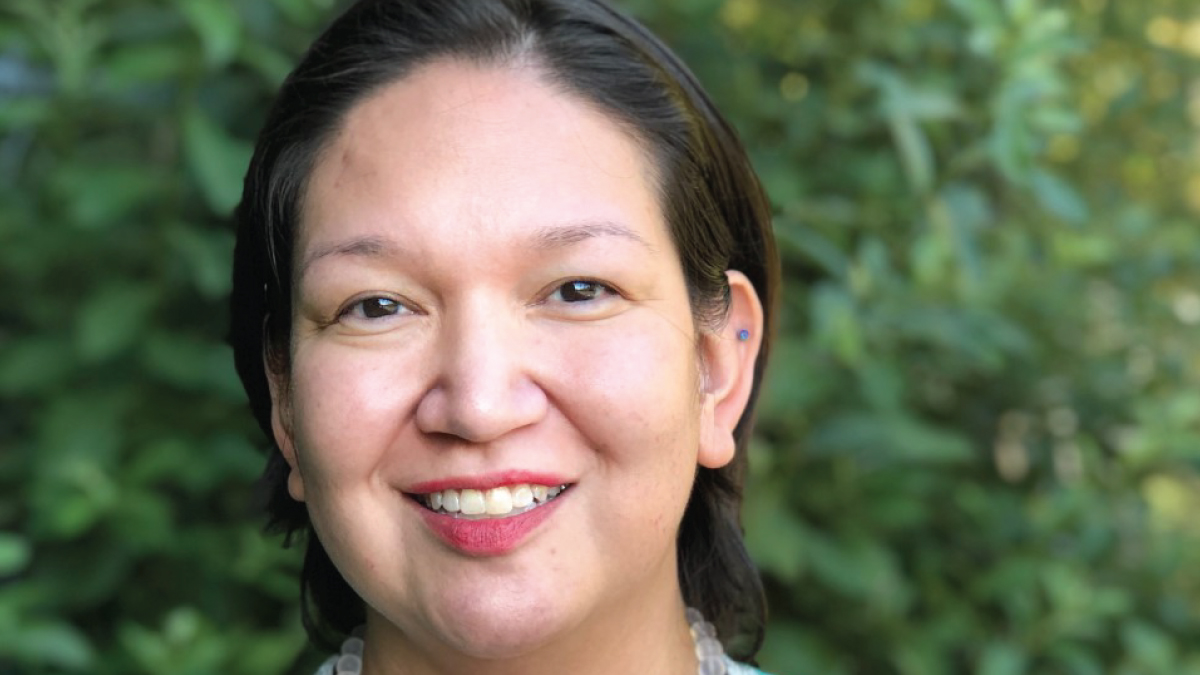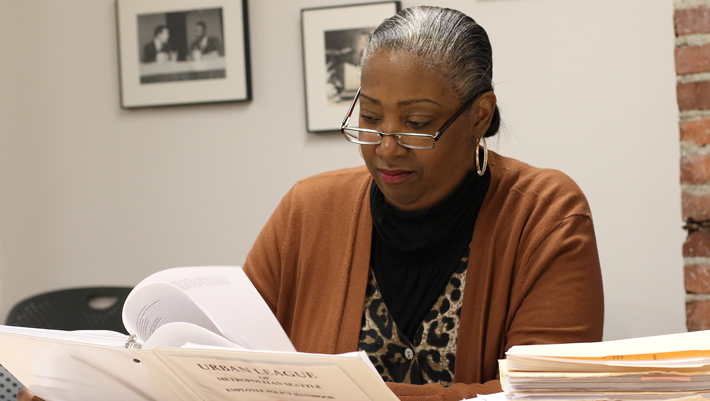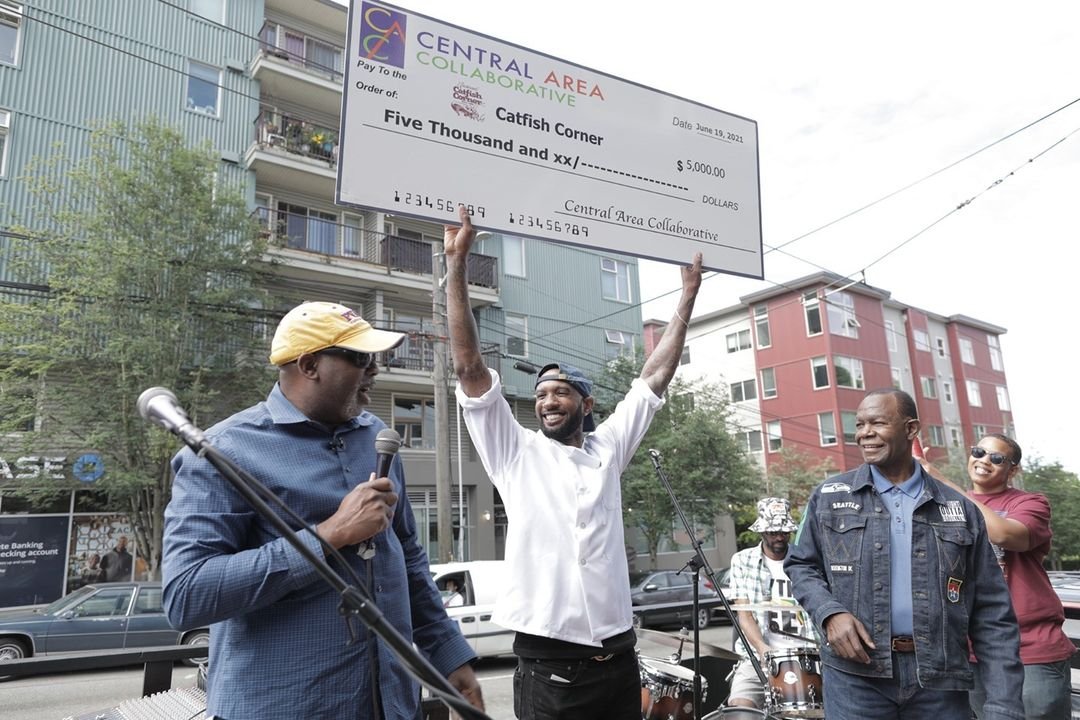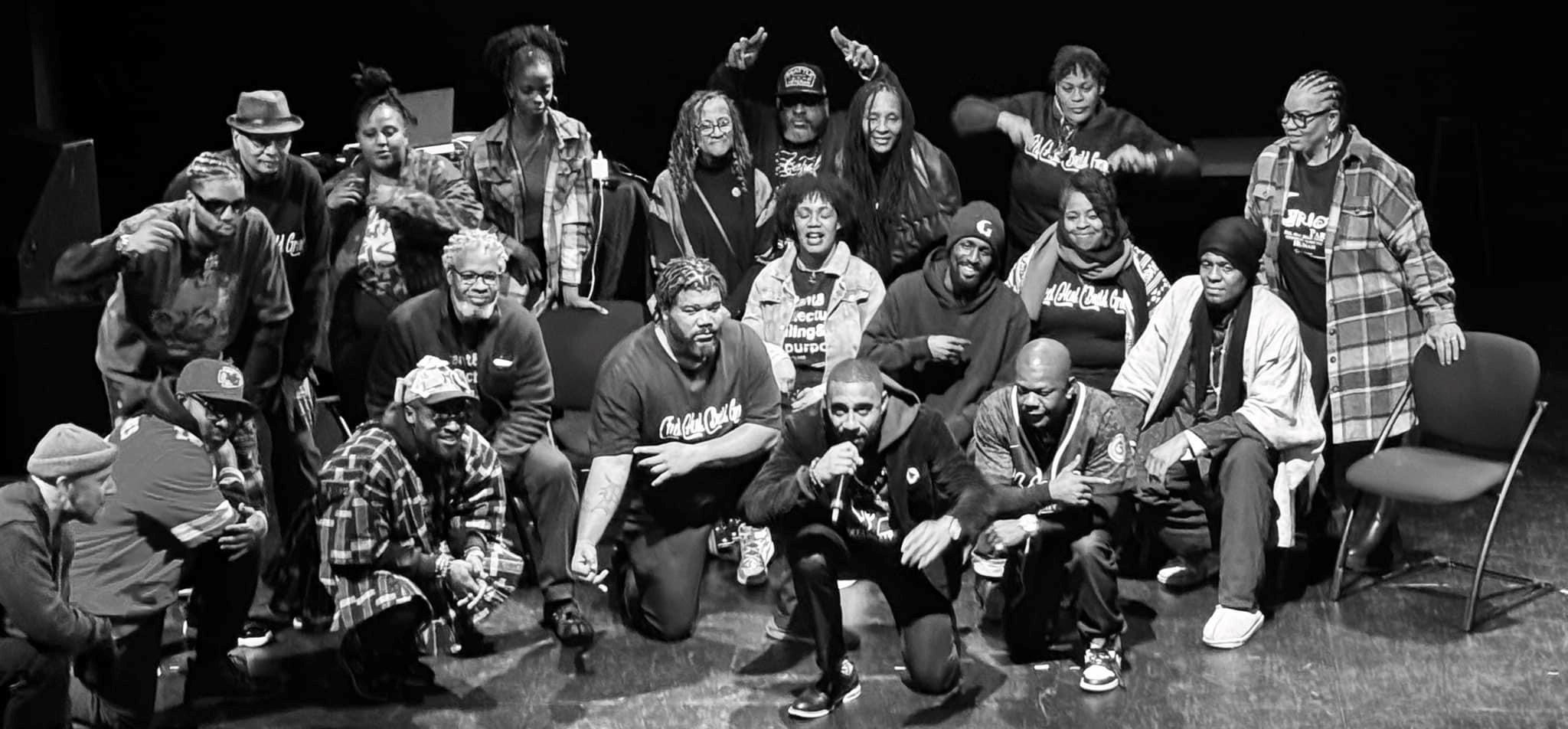 Jody Olney, director of Seattle Indian Services Commission
Jody Olney, director of Seattle Indian Services Commission In celebration of Indigenous Peoples’ Day, we are hosting this series of profiles to recognize local Indigenous leaders, artists, activists, and organizations. The groups and individuals featured in this series have dedicated their work to supporting Native American communities and commemorating Indigenous peoples, cultures, and histories in the area and across the nation.
JODY OLNEY
Jody Olney is the director of Seattle Indian Services Commission, a government entity that was formed to carry out programs to expand housing, job and income opportunities, enhance recreational and cultural opportunities, and improve the overall living conditions of American Indians and Alaska Natives in King County.
Learn more about Jody in our brief Q & A below:
Tell us about yourself.
The west coast has always been home and I’ve lived in the Seattle area for 20 years. I attended the University of Washington for undergrad and law school. I have benefitted from Native education programs growing up – building skill sets and friendships that wouldn’t have been possible otherwise. Access to stability and supports early in my life shaped my worldview and continues to guide my work, which really speaks to the importance of access and agency for brown and black communities, as early in life as possible.
What does Indigenous Peoples’ Day mean to you and how would you like the City to honor this day in the future?
Indigenous Peoples’ Day is a step toward acknowledging a more accurate understanding of history. Maintaining self-awareness around power dynamics, the systems of oppression that we all navigate and our roles in perpetuating them, and working to improve visibility and agency of BIPOC is something people can give intention to with future Indigenous Peoples’ Days and, ideally, these efforts will live in our everyday awareness.
How have the incidents of the last seven months impacted you, your community, and/or your work?
So much of my process was woven into having a daily commute. Routines that helped me decompress were largely place-based and outside of my home. COVID brought a shift and has made space for introspection centered on the importance of family, friends, home, health and safety.
Growing inequality is getting more undeniable and visible. COVID has increased isolation and impacted access to resources that bring stability – housing, nutrition, internet (the list goes on). Looking forward to pursuing opportunities to improve collaboration and build stability that is responsive and sustainable.
My work was slated to focus on community outreach, which has been tabled until it is safer to have in-person meetings. The new focus has been on work that can be done virtually. Coming together can bring so much comfort and healing, I am encouraged by the efforts of organizations and community members to adapt and find ways to be in contact and continue the work while maintaining a safe distance in these uncertain times.
What are you doing to find joy or solace?
I am actively working to set and honor boundaries and clearing out clutter on multiple levels, which has been an ebb and flow of joy and solace.
This crisis has given us all the opportunity to reimagine our collective future. If you could reimagine the City of Seattle, what would it look like?
My reimagination of Seattle includes a substantial safety net for everyone: environmental justice, access to stable housing, reliable quality mental and health care, affordable quality child care, higher education for all, community members empowered to pursue meaningful and sustainable careers; and a collective willingness to sit in discomfort with community members to improve safety and understanding. Easier said than done, necessary just the same.
Name a local Indigenous individual or organization that Seattle should know more about.
Mother Nation and Norine Hill, Executive Director/Founder: Mother Nation is a non-profit 501 (C) 3 grassroots Native American organization which offers culturally informed healing services, advocacy, mentorship and homeless prevention in the State of Washington.
Mother Nation meets community members where they are and provides individualized support encouraging healing, stability, and growth.
The list goes on, I’m listening to a webinar hosted by the Affiliated Tribes of Northwest Indians (ATNI) – National Tribal Leadership Climate Change Summit where the PTM Foundation and their work with indigenous communities was highlighted.


